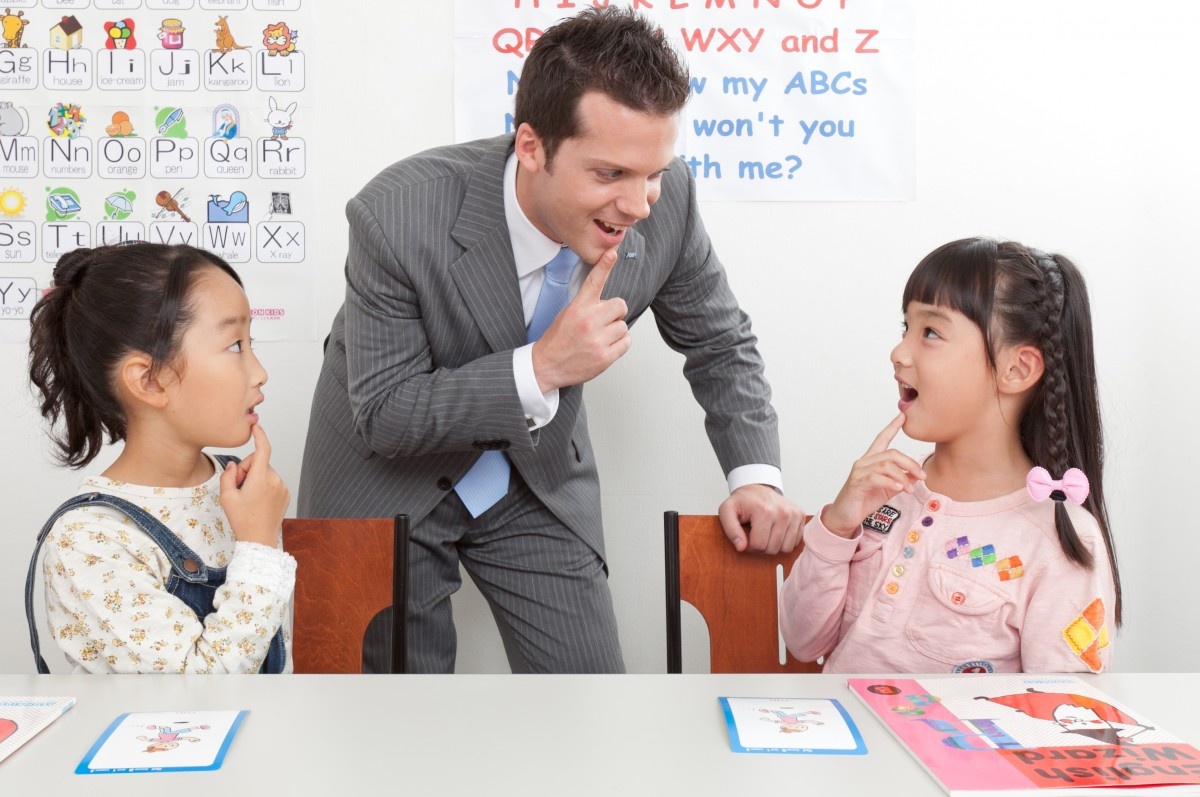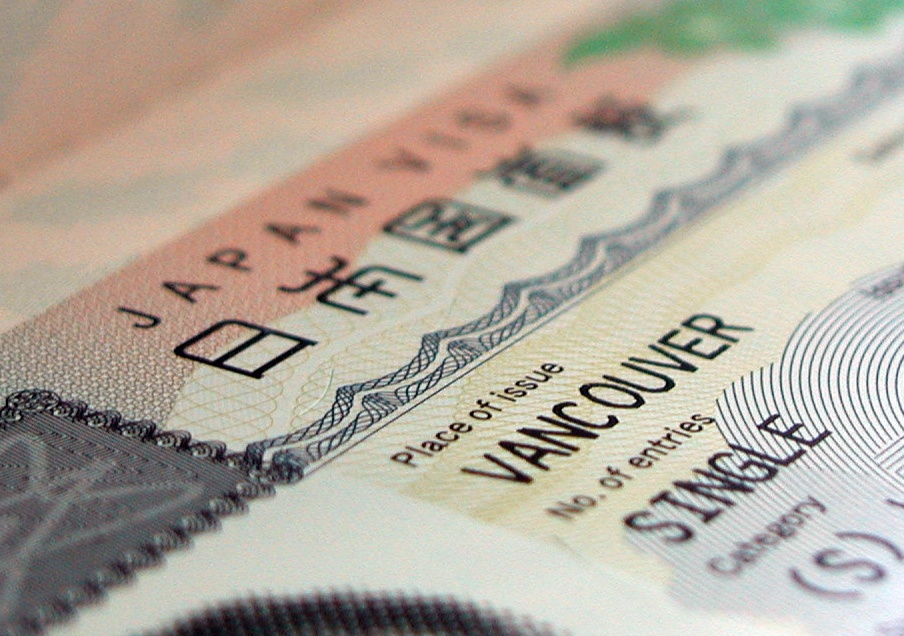English Conversation School 101
Before you start applying to work for any of Japan's five biggest English conversation schools, you'll definitely want to check out the lay of the land in the eikaiwa (English conversation) industry.
By Ellery SmithExperience & Qualifications

http://tesols.com/about.php
This may seem like a no-brainer, but all applicants, regardless of which eikaiwa company they apply to, have to be fluent in English. Since you're teaching the language to non-native speakers, you'll need to have a native-level command of the language. Be aware that what counts as "native" can vary from company to company, though, and some have a broader definition than others.
Some places will state that you don't need any prior teaching experience or certification, but in order to make your application more competitive, we suggest getting a tutoring gig or an ESL teaching certification (TESOL, TEFL or CELTA). However, even without prior teaching experience, the companies usually hold their own orientation that provides training and tips on how to teach using their textbooks and teaching methods.
For most schools, speaking Japanese isn't a requirement; at others it's outright banned from the classroom, and you should be trained in techniques for getting points across contextually without dipping into Japanese at all. That said, some Japanese ability goes a long way when communicating with the staff and getting by in daily life.
Students & Class Sizes

http://english.cheerup.jp/article/509
As all Japanese students have compulsory English classes for six years in secondary school (and, since April 2011, the last two years of primary school), many students can read the language and understand basic grammar structures. However, they rarely have the opportunity to utilize conversational English in the classroom. English conversation schools fill that void by focusing on speaking and listening.
For many eikaiwa, the vast majority of students are business professionals, with some hobbyists and retirees. If you're unsure, a plain gray, black or blue suit is a safe bet for fitting into a Japanese professional environment, but each company will also have its own specific dress code that you should be informed about. For schools like Aeon and ECC that also teach children, you'll want to pass on those tight threads, since you'll be dancing, jumping and playing games with your kids.
Most companies offer a mix of private lessons and group lessons that can range anywhere from two to 18 students, but the average is around four to eight. The main exception is Gaba, which solely offers one-on-one classes.
Applying from Overseas

https://www.flickr.com/photos/pauldavidson/25962942
Some English conversation schools will offer fixed part-time or hourly wage contracts, but if you're coming from overseas to work in Japan, you'll have to work as a full-time instructor in order to be eligible for the Specialist in Humanities/International Services visa. The visa requires applicants to have a bachelor's degree (or higher) from an accredited university where English was the language of instruction. The waiting period for this type of visa usually takes anywhere from two to three months after you sign the contract.
Aspiring instructors from Australia, Canada, Denmark, France, Germany, Hong Kong, Ireland, New Zealand, South Korea, Taiwan and the United Kingdom are eligible to work in Japan on a Working Holiday visa. This visa lasts for one year (18 months for Australians) and, depending on the consulate, can take only a couple of weeks to process. However, you must apply to an embassy or Consulate-General of Japan in your country before heading to Japan.
To learn more about the eligibility requirements visit the Ministry of Foreign Affairs website.
Application Period
http://www.hercampus.com/school/app-state/fault-application-process
Many eikaiwa schools will accept applications at any time. However, big schools like Gaba, ECC and Aeon expect a 6- or 12-month commitment from the time you sign the contract, particularly if you're going for a full-time position.
In Conclusion

http://footage.framepool.com/en/shot/983799689-indian-india-arms-crossed-japanese-business-attire
Each company has its own qualifications, teaching methods, textbooks and atmosphere, but all are looking for enthusiastic, approachable teachers who have a keen interest in Japan.
Now that you know a little bit more about the eikaiwa industry, start looking into what company you feel best suits you and your goals for living in Japan. Happy job hunting!




